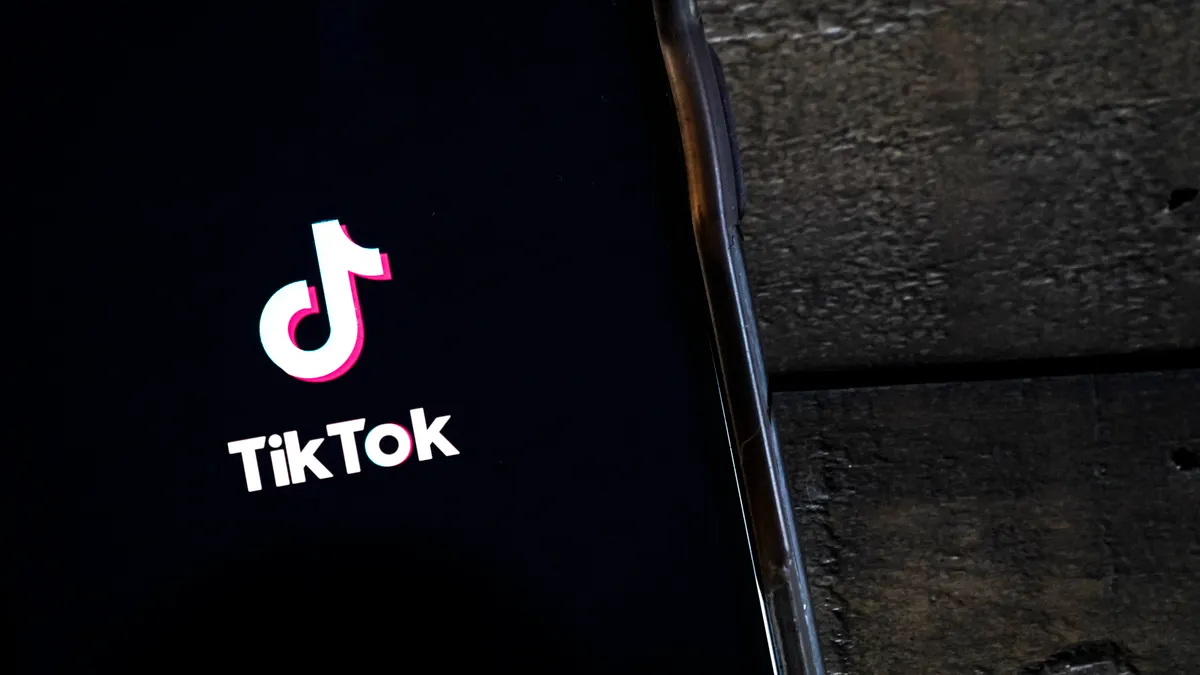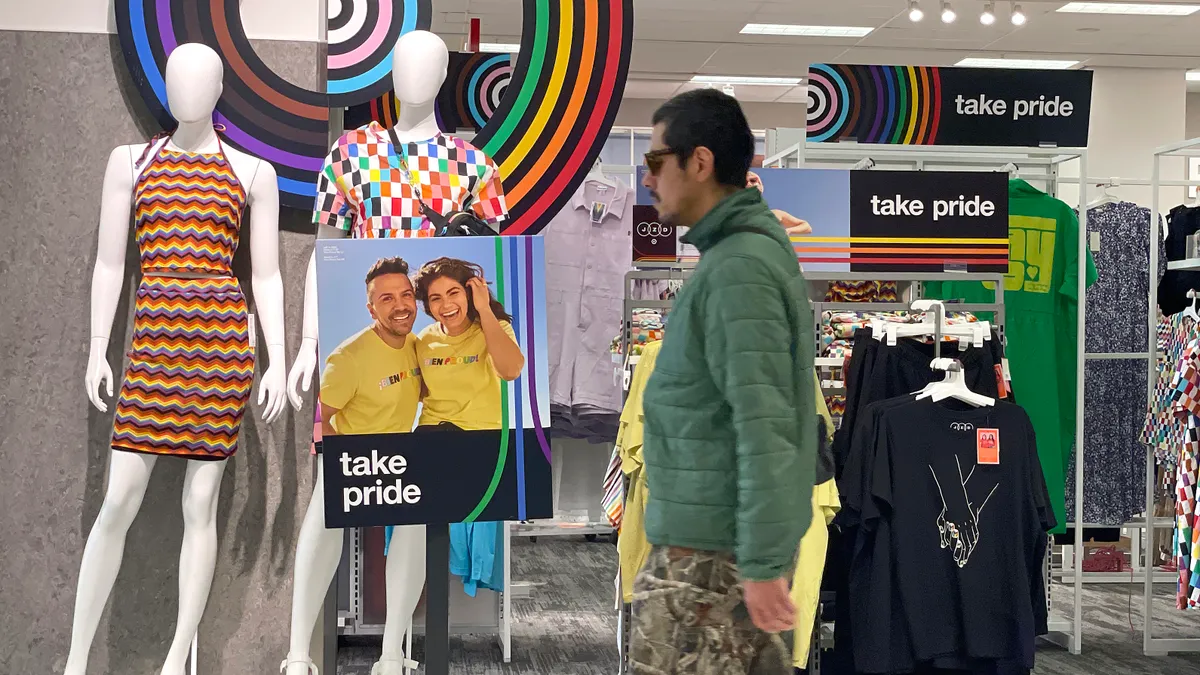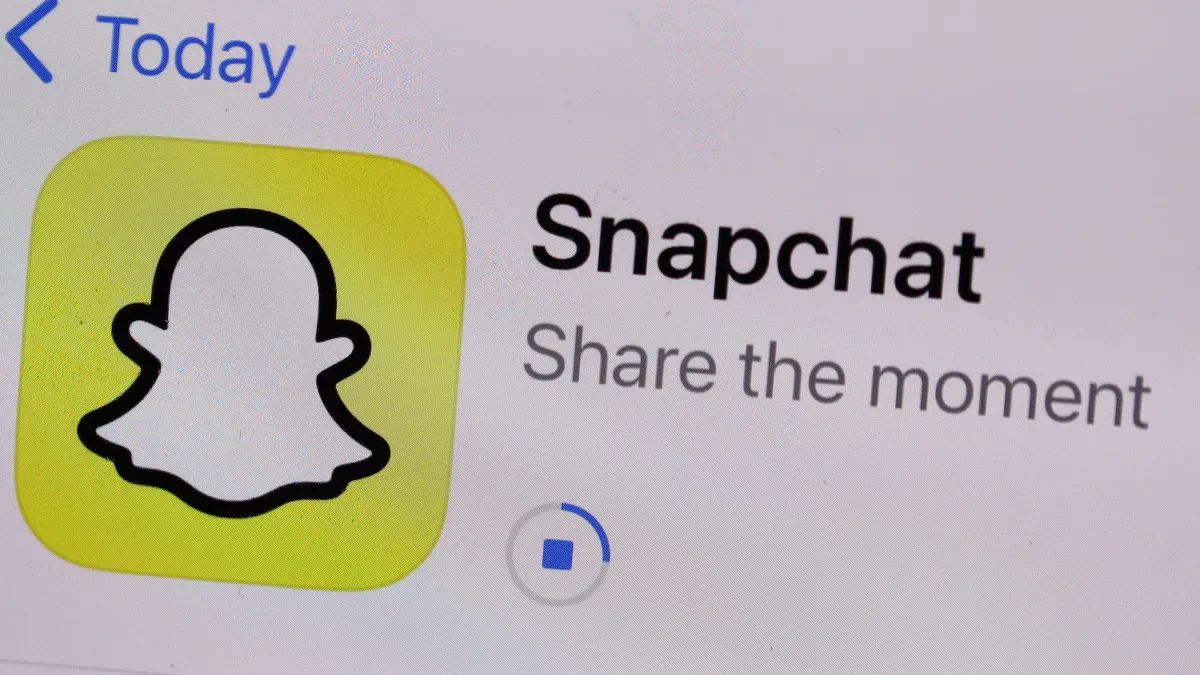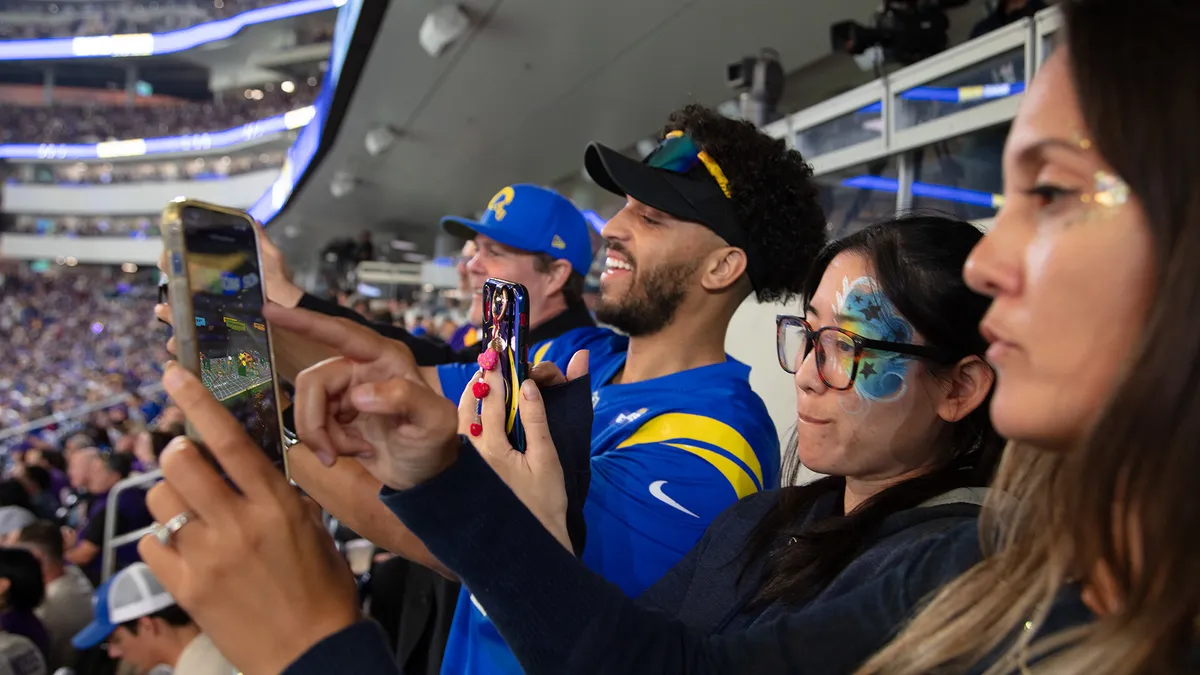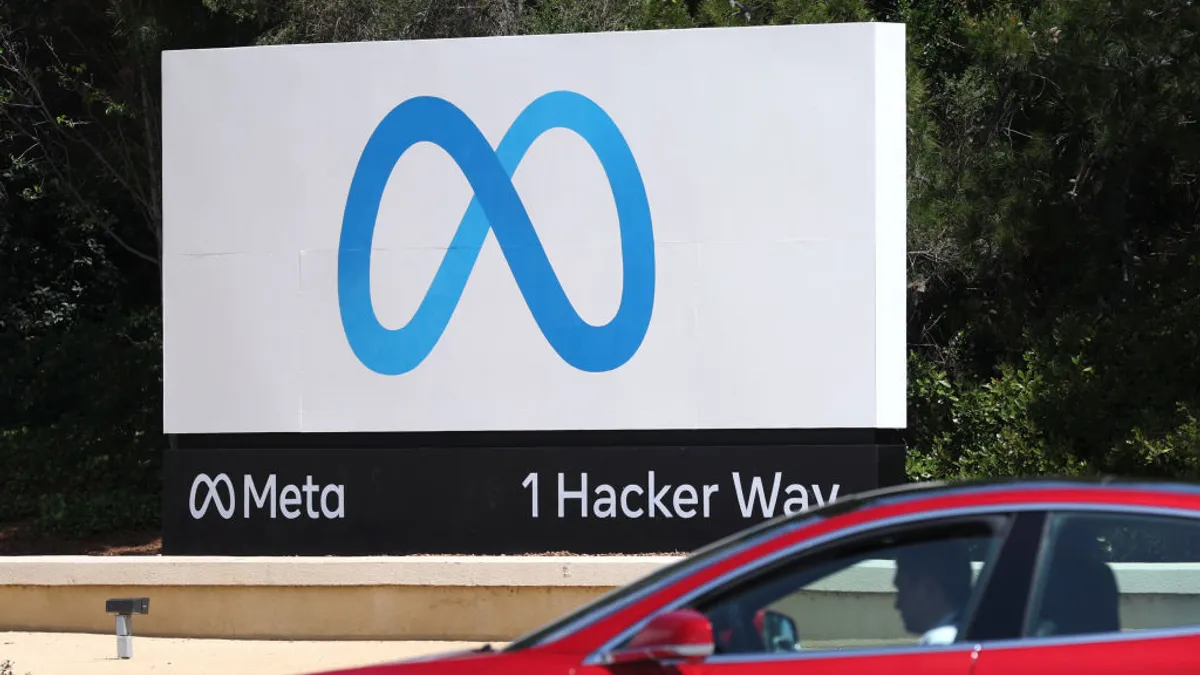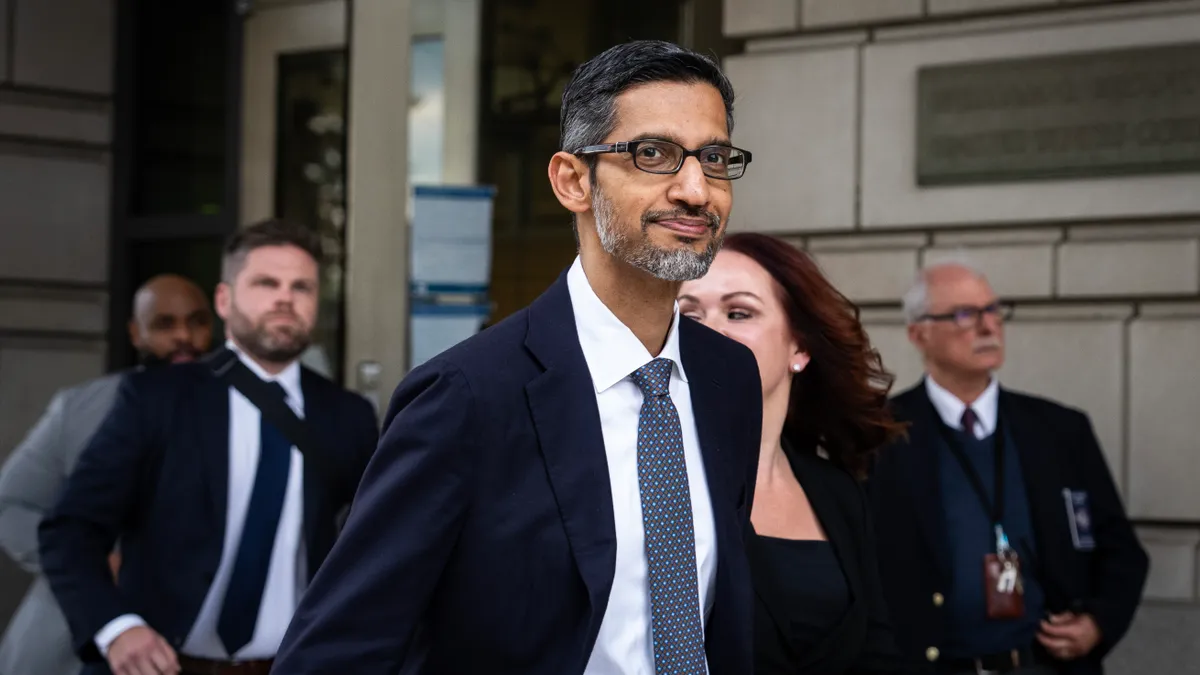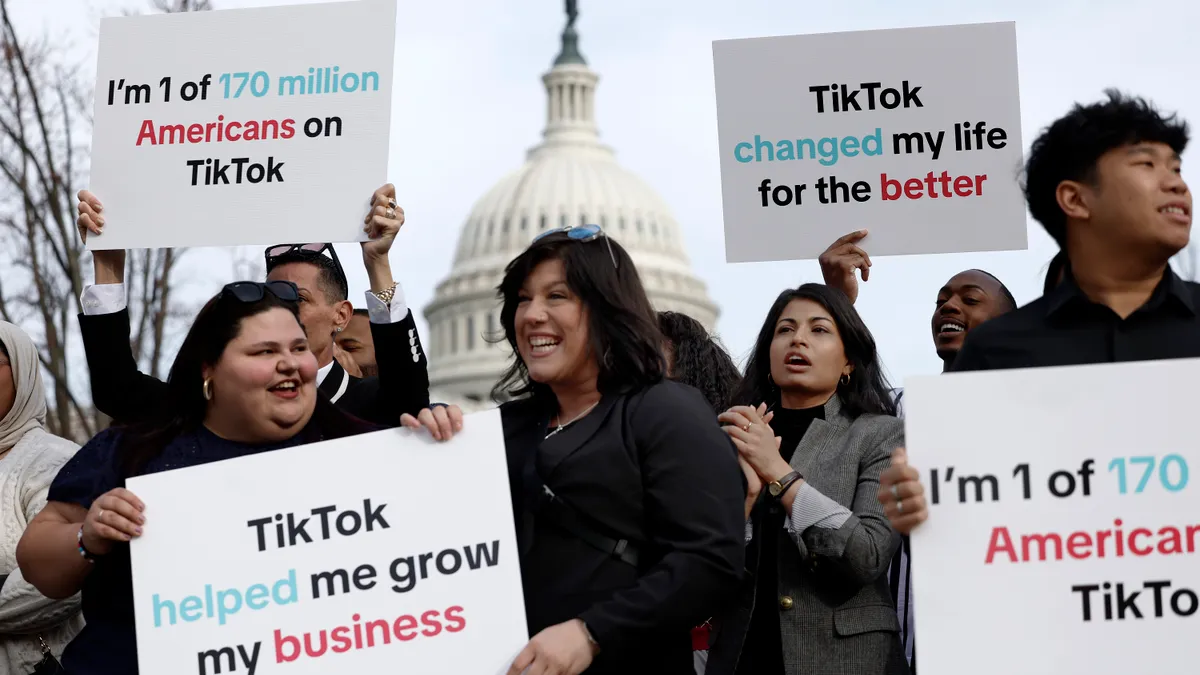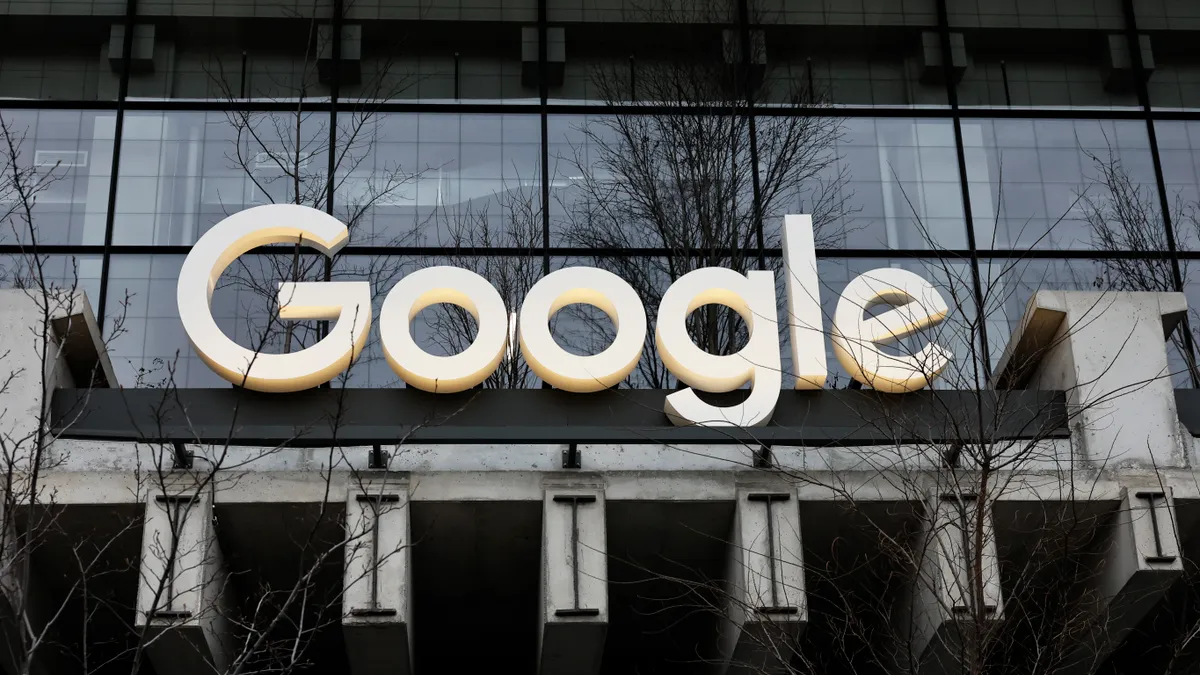TikTok has proudly touted its status as social media’s shining star in the last handful of years, and it shows no signs of slowing in 2023 — even as the ByteDance platform’s U.S. presence continues to find itself the center of tense government scrutiny.
Somewhat of a slow burn over the last few years, criticism of TikTok has overwhelmingly regarded the app’s Chinese ownership and fears that U.S. data is being placed in the wrong hands. Subsequently, 31 states have since issued various bans barring the use of TikTok on government-issued devices and networks, with others, including New York, Vermont, California and Massachusetts, proposing to do the same. Broadly, some have also begun proposing nationwide bans, with one government representative going so far as to describe the platform as “digital fentanyl.”
In effort to oblige with statewide policies, a growing handful of public universities have begun blocking TikTok use on campus WiFi, including University of Oklahoma, Auburn University, Arkansas State University and Texas A&M University — one of the nation’s largest campuses — among others. However, even as the app finds itself in the middle of uproar, consumers won’t be slowing their consumption anytime soon, according to Kaela Green, vice president of paid social for Basis Technologies.
“The ban that's happening, if it's on devices and networks, ultimately, users still have their own personal networks, they have their own carrier networks that they’re using on their phones and they're not going to shy away from the platform,” Green said.
Similarly, Green doesn’t see the bans having any impact on the desire by advertisers paying to market their products on the platform, nor should it, at this point, she said. While its data privacy woes aren’t to be taken lightly, TikTok has become an asset to those looking to connect with younger consumers. It recently rose to be the second most popular app for those under age 35 and is often synonymous with the creator economy, though that sector of its business has also gotten some kickback recently. It is also building out its social commerce capabilities, while others show signs of scaling down.
On the other hand, restricting organic content, particularly from those universities and government entities affected, could prove harmful, Green said. Now viewed as a powerful search engine against Google, TikTok has become an educational resource for many of its users. In one instance, a North Carolina congressman has been using the platform to share context on how officials are elected, behind-the-scenes content and to promote transparency, lending to the argument that there’s value in such entities maintaining a presence on the platform.
“There's so much power in the platform, not only for governments but for education and universities,” Green said. “And when it comes to brands in all other categories … [TikTok] tops the chart on return on investment.”
Transparency expectations soar
Though TikTok’s woes come as consumers are already increasingly skeptical of how their personal information will be used, Green added that its openness toward corrective action could boost sentiment. Last May, it created a new division called U.S. Data Security to help govern its data protection practices, among other steps, and just a few days ago brought its state-affiliated media labels to an additional 40 markets. Still, TikTok fights an uphill battle as other findings rise to the surface, like evidence that ByteDance had been spying on several American journalists, tracking information including their location and who they had been in contact with.
TikTok’s issues come as other big tech players finds themselves in hot water. Notably, Facebook and Instagram parent Meta recently was fined $400 million for questionable advertising practices, and the Department of Justice just filed suit against Google for its alleged monopoly over the digital advertising industry. As high-profile regulatory moves appear more frequently, consumer demand for honesty could increase.
“We're going to get to that stage where users are going to want to have more access to transparency and be able to make more decisions about how their data is used, what's pushing through their feed, just putting the control back in the users hands so that they feel like social media truly belongs to them,” Green said.
Accordingly, the exec expects that regardless of TikTok’s timeline for resolution, data privacy conversations will persist. To best prepare, others in the industry should maintain a close eye on where current headwinds are headed — this could foreshadow what’s to come.
“Preferable content and proper use of data — these are criticisms across all social platforms. The government already had a problem,” Green said. “I think they're using the basis of China-owned to really hammer this home, but if they get what they want from TikTok, they'll certainly start asking more questions to the other social platforms.”



